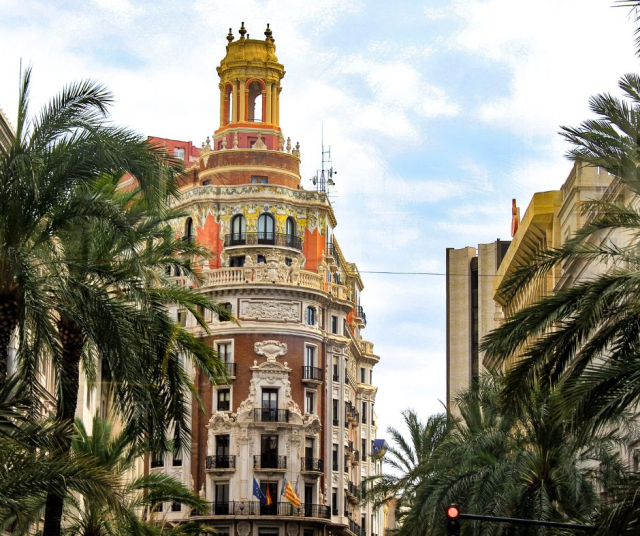Valencian Community Day is an emblematic date in the Spanish region of Valencia. It is celebrated every year on October 9 and commemorates a crucial historical event: the entry of James I of Aragon to the city of Valencia in 1238, which marked the end of Muslim rule in the region and the beginning of a new era for the people. Valencian. This celebration is not only a moment of civic pride, but also an opportunity to reflect on the rich history, vibrant culture and unique identity of the Valencian Community.
History
The origin of Valencian Community Day dates back to the 13th century, during the Reconquest of the Iberian Peninsula by the Christian kingdoms. In 1238, King James I of Aragon, known as James the Conqueror, conquered the city of Valencia, ending Muslim rule in the region. This historic event marked the beginning of a new era for Valencia and its people.
The entry of James I to Valencia not only represented a military victory, but also the beginning of the region's integration into the Kingdom of Aragon and, later, into the Crown of Spain. Valencian culture began to merge with Christian influences, creating a unique and diverse identity that still endures today.
Celebrations and Traditions
Valencian Community Day is celebrated with a variety of events and activities throughout the region. One of the highlights of the celebrations is the Offering of Flowers to the Virgen de los Desamparados, the patron saint of Valencia. Thousands of people parade through the streets of the city, carrying flowers to pay tribute to the Virgin.
Another popular tradition is the celebration of the Thanksgiving Mass in the Valencia Cathedral, where Valencians gather to give thanks for the blessings received and reflect on the meaning of the day. In addition, parades, concerts, gastronomic fairs and other cultural activities are organized throughout the region.
Gastronomy plays an important role in the Valencian Community Day celebrations. Traditional dishes such as Valencian paella, baked rice and bunyols (fritters) are an integral part of the festivities. Families and friends gather to enjoy delicious food and celebrate together.
Cultural Significance
Valencian Community Day goes beyond a simple historical commemoration; It is a symbol of Valencian identity and culture. This celebration serves as a reminder of the legacy of the region and the struggle of the Valencian people for freedom and autonomy. The rich history of Valencia is reflected in its architecture, its art, its music and its gastronomy. The influence of Christian, Muslim and Jewish cultures has left an indelible mark on the region, creating a unique blend of traditions and customs.
Furthermore, Valencian Community Day is an occasion to reflect on the challenges and future aspirations of the region. In an increasingly globalized world, it is important to preserve and promote local culture and traditions, which are a fundamental part of Valencia's identity.
Challenges and Opportunities
Although Valencian Community Day is a celebration full of joy and pride, it is also important to recognize the challenges facing the region. Urban growth, pressure on natural resources and changes in the global economy are just some of the issues that need to be addressed proactively.
However, there are also opportunities for development and innovation in the Valencian Community. The region has a strong industrial base, a diversified agricultural sector and a growing focus on sustainability and the green economy. In addition, tourism remains an important source of income, attracting visitors from all over the world with its warm climate, beautiful beaches and rich culture.
Valencian Community Day is much more than an annual celebration; It is an occasion to honor the history, culture and identity of a rich and diverse region. Through their traditions, their gastronomy and their festivities, Valencians celebrate their heritage and look to the future with optimism and determination.
